"CIA protected Karadžić until 2000"
Media speculation is continuing as to the existence of an agreement between Radovan Karadžić and Richard Holbrooke.
Saturday, 02.08.2008.
12:49

Media speculation is continuing as to the existence of an agreement between Radovan Karadzic and Richard Holbrooke. Daily Blic writes that an agreement did exist concerning Karadzic’s withdrawal from public life in exchange for the charges against the former Bosnian Serb leader being dropped, but that it was scrapped after the U.S. discovered that Karadzic was not honoring it. "CIA protected Karadzic until 2000" One of the daily’s sources close to the CIA claims that until 2000, he received protection from the U.S. It was then that the CIA intercepted one of his telephone conversations, from which it was clear that he was still leading the work of the Serb Democratic Party (SDS). Blic’s source claims that Holbrooke confirmed to him in person that he had struck a “deal” with Karadzic whereby the U.S. would seek his withdrawal from all public functions in return for protecting him from prosecution by the Hague Tribunal. “I’m not sure whether any written document exists that confirms this, but I have Holbrooke’s admission of verbal guarantees given to Karadzic from the highest level in the U.S.,” says the source. Asked what had happened in the meantime, how the former Bosnian Serb leader had come to be arrested, and when that agreement had ceased to be valid, the source replied: “They went mad in the U.S. when they realized that Karadzic had been stringing them along. In 2000, during elections in Bosnia-Hercegovina, the CIA found out that he was still leading the SDS from behind the scenes, even though they had had an agreement that he wouldn’t interfere in politics. That same year in Bjelina, an SDS rally was held, led by Karadzic personally. He gave instructions over the phone to the party members and leadership as to whom they should sack, and who should be given what post. He was personally involved in all SDS activities. When the CIA intercepted the former Bosnian Serb leader’s phone call and finally cottoned on to the fact that he had been duping them the whole time, they tried to outlaw the SDS, to which they came up against strong opposition from then International High Representative Wolfgang Petric. Holbrooke wanted one more deal, but, claims Blic’s source, the U.S. and the CIA then withdrew the informal protection that Karadzic had been enjoying. Describing what form that informal protection took on the field, the source reveals that “U.S. soldiers stationed in Bosnia in 1996 and 1997 received written orders stating that they must not arrest the most wanted fugitive if they happened to find him.” Karadzic’s immunity among other intelligence agencies, such as the French and the British, was part of the agreement with the CIA. Moreover, the region where the SDS leader was active—Pale and eastern Republic of Srpska (RS)—were within the French and U.S. zones, writes Blic, adding that the source did not know his movements post-2000. The War Crimes Prosecutor’s Office in Belgrade is looking into the rumors of the supposed agreement on the orders of the Hague Tribunal. Blic understands that all witnesses questioned so far have confirmed that Karadzic did have a deal with the U.S. However, the prosecution informed the paper that “given that this is now part of Karadzic’s defense before the Tribunal, the Serbian Prosecution does not wish to make any comment.” Meanwhile, the Belgrade District Court’s War Crimes Chamber Investigative Judge Milan Dilparic says that the former Bosnian Serb leader did not have his laptop or discs with him when he was brought in for questioning. Dilparic discussed this with one of the members of Karadzic’s legal team, lawyer Goran Petronijevic. Karadzic’s legal representatives earlier submitted a petition to the court seeking the return of his laptop and discs that were, they claim, confiscated from their client after his arrest. Radovan Karadic (FoNet, archive)
"CIA protected Karadžić until 2000"
One of the daily’s sources close to the CIA claims that until 2000, he received protection from the U.S.It was then that the CIA intercepted one of his telephone conversations, from which it was clear that he was still leading the work of the Serb Democratic Party (SDS).
Blic’s source claims that Holbrooke confirmed to him in person that he had struck a “deal” with Karadžić whereby the U.S. would seek his withdrawal from all public functions in return for protecting him from prosecution by the Hague Tribunal.
“I’m not sure whether any written document exists that confirms this, but I have Holbrooke’s admission of verbal guarantees given to Karadžić from the highest level in the U.S.,” says the source.
Asked what had happened in the meantime, how the former Bosnian Serb leader had come to be arrested, and when that agreement had ceased to be valid, the source replied:
“They went mad in the U.S. when they realized that Karadžić had been stringing them along. In 2000, during elections in Bosnia-Hercegovina, the CIA found out that he was still leading the SDS from behind the scenes, even though they had had an agreement that he wouldn’t interfere in politics. That same year in Bjelina, an SDS rally was held, led by Karadžić personally. He gave instructions over the phone to the party members and leadership as to whom they should sack, and who should be given what post. He was personally involved in all SDS activities.
When the CIA intercepted the former Bosnian Serb leader’s phone call and finally cottoned on to the fact that he had been duping them the whole time, they tried to outlaw the SDS, to which they came up against strong opposition from then International High Representative Wolfgang Petric.
Holbrooke wanted one more deal, but, claims Blic’s source, the U.S. and the CIA then withdrew the informal protection that Karadžić had been enjoying.
Describing what form that informal protection took on the field, the source reveals that “U.S. soldiers stationed in Bosnia in 1996 and 1997 received written orders stating that they must not arrest the most wanted fugitive if they happened to find him.”
Karadžić’s immunity among other intelligence agencies, such as the French and the British, was part of the agreement with the CIA.
Moreover, the region where the SDS leader was active—Pale and eastern Republic of Srpska (RS)—were within the French and U.S. zones, writes Blic, adding that the source did not know his movements post-2000.
The War Crimes Prosecutor’s Office in Belgrade is looking into the rumors of the supposed agreement on the orders of the Hague Tribunal.
Blic understands that all witnesses questioned so far have confirmed that Karadžić did have a deal with the U.S. However, the prosecution informed the paper that “given that this is now part of Karadžić’s defense before the Tribunal, the Serbian Prosecution does not wish to make any comment.”
Meanwhile, the Belgrade District Court’s War Crimes Chamber Investigative Judge Milan Dilparić says that the former Bosnian Serb leader did not have his laptop or discs with him when he was brought in for questioning.
Dilparić discussed this with one of the members of Karadžić’s legal team, lawyer Goran Petronijević.
Karadžić’s legal representatives earlier submitted a petition to the court seeking the return of his laptop and discs that were, they claim, confiscated from their client after his arrest.










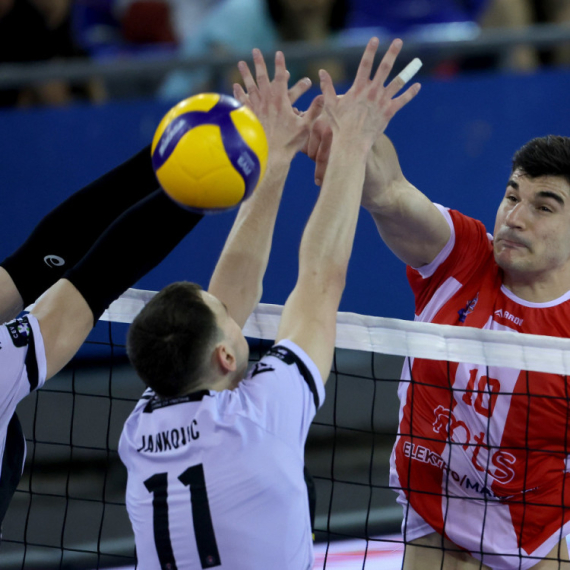




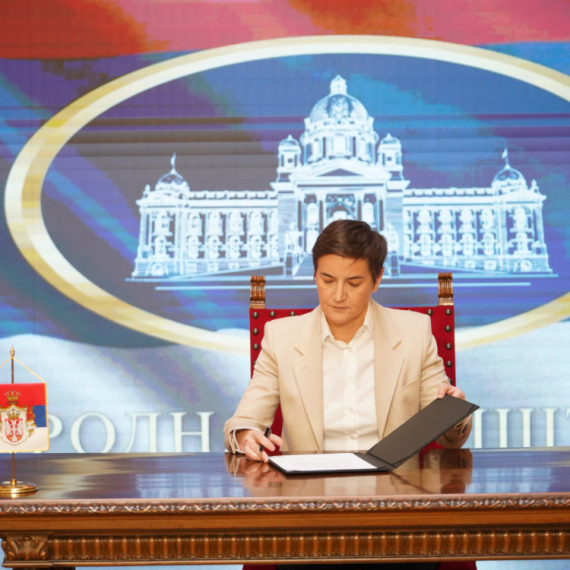
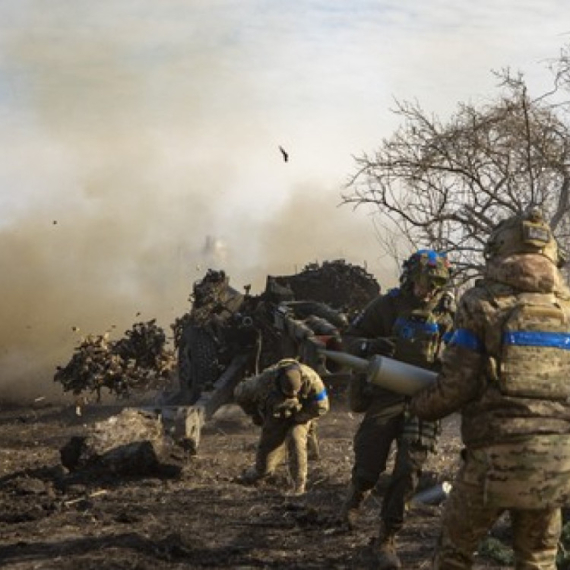
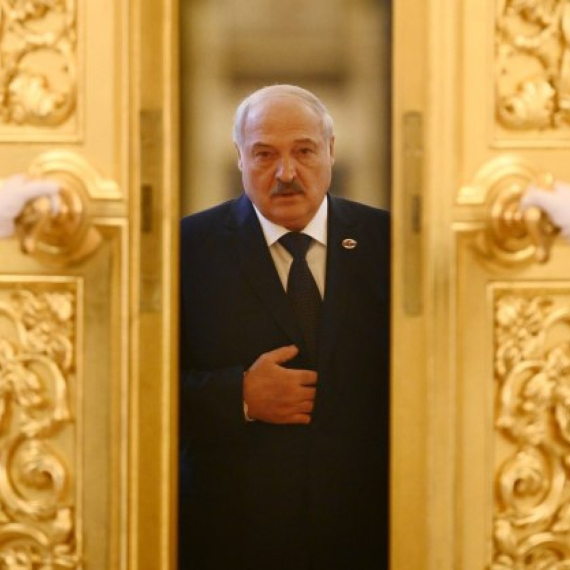
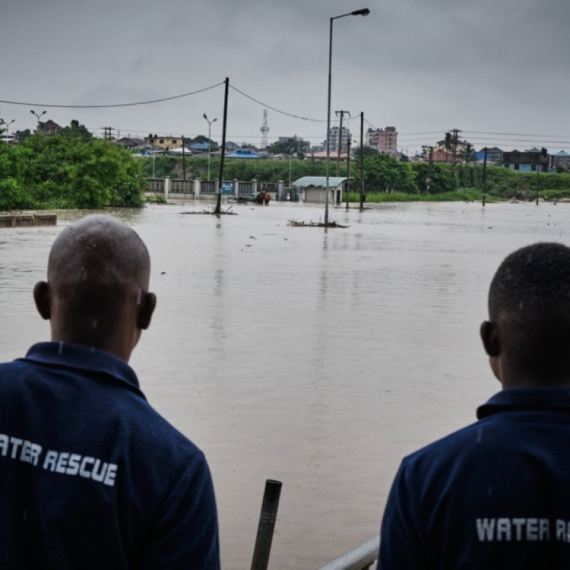


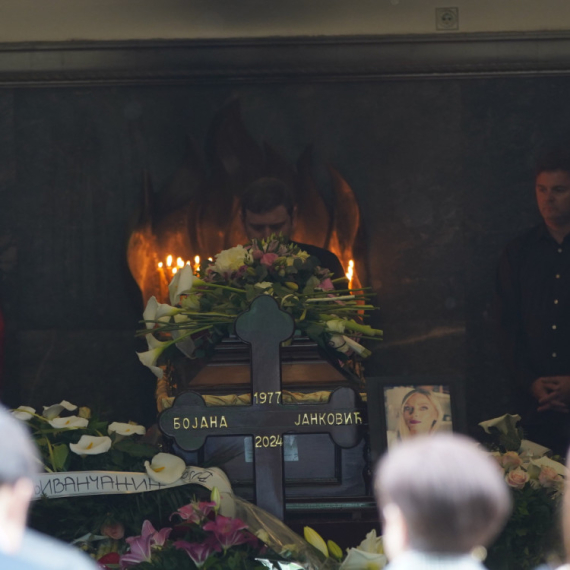
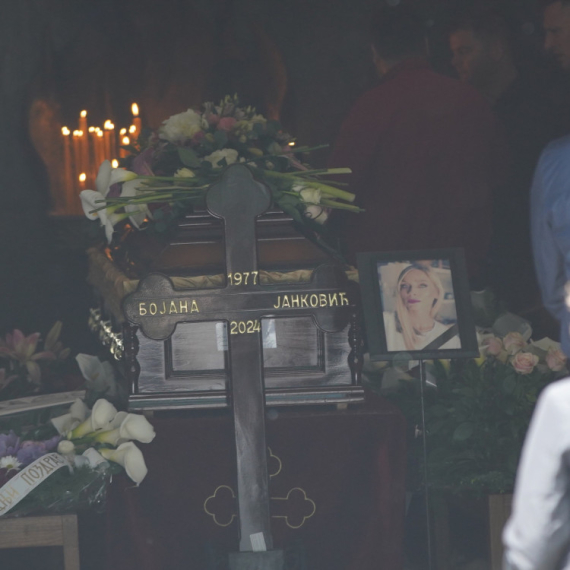




















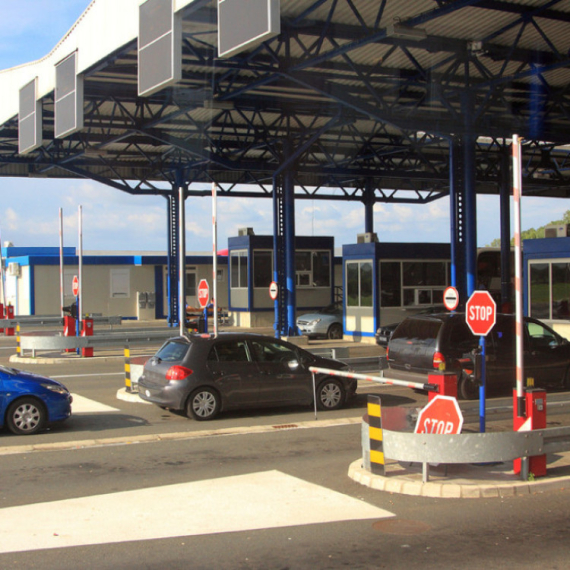

Komentari 12
Pogledaj komentare